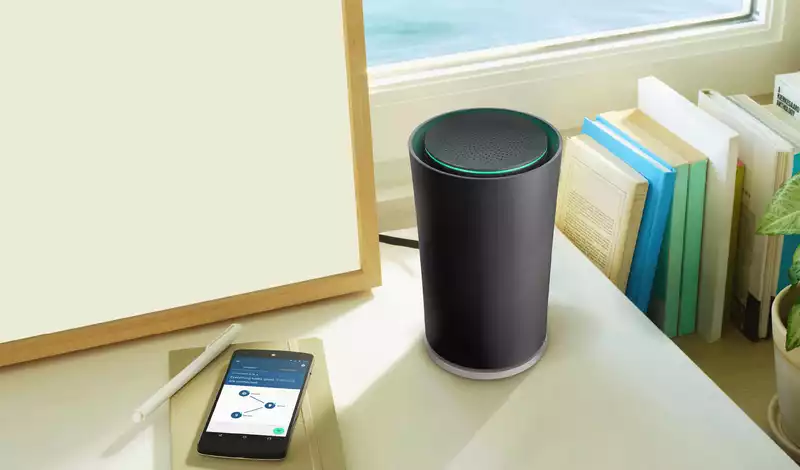Bad news for anyone using a Google OnHub router.
On December 19, 2022, Google said in a new blog post that all support for OnHub routers will end. The now 6-year-old routers will still function, but will no longer be managed by the Google Home smartphone app. Unfortunately, the app is the only way to manage OnHub.
"You will no longer be able to update your Wi-Fi network settings, add wifi devices, or run speed tests," the blog post said." Google Assistant features like "Hey Google, pause Wi-Fi" will no longer work; OnHub performance cannot be guaranteed."
As for whether any more firmware or security updates will be provided, Google was vague, saying only that it will end "by December 19, 2022." That could mean tomorrow, or it could mean that OnHubs will receive updates for a few more months.
So while one could continue to use OnHub, it is not recommended to do so. Instead, Google recommends "upgrading to the new Wi-Fi setup today."
To that end, the company will email all OnHub owners a link offering a 40% discount on their current Nest Wifi mesh system. In theory, this means that a Nest router and two mesh "points," which normally sell for $350, will cost only $210. The promotion is valid through March 31, 2022.
In addition, if you trade in your old Google OnHub router to Amazon, you can get 20% off a new Eero mesh router system, with shipping paid by Amazon. You will also receive an Amazon gift card equal to the appraised value of your device.
In fact, there are two models of OnHub: one made by TP-Link and the other by Asus; the first was released in August 2015 for $200, and the second was released in October of that year for a retail price of $220. Their internals were identical and built to Google's specifications, but Google's own wifi mesh router system replaced the OnHubs in late 2016.
Google's intent with OnHubs was to produce an attractive, easy-to-use, and powerful router and sell it at a premium price at the time. At the time, most home Wi-Fi routers cost between $60 and $120; TP-Link's version even had an optional shell that could be replaced with the original enclosure.
In a review of the TP-Link version of the Google OnHub, Brian Nadel said it "may represent the future of home networking," but was limited by its narrow configuration options.
For example, there was only one downstream Ethernet port. There was also no way to interface to the router's administrator settings from a PC or Mac, and the USB port did not work at the time of release.
Fortunately, the Google Wifi mesh system that Google released a year later was backward compatible with OnHubs, allowing the two models to work interchangeably on a single home network.
According to 9to5Google, OnHubs and Wifi are now on the same firmware update cycle. The Google Home app, which controls a wider range of smart home devices, gradually replaced the OnHub-specific app.
But even so, OnHub was only seven years old when Google officially discontinued it. The router's lifespan should have been much longer.
For example, Netgear's Nighthawk R7000 was introduced in the fall of 2013. Yet, eight years later, it is still being produced, sold in stores, and updated with new firmware and security updates.
Unlike OnHub (or Wifis), you can ignore the smartphone app (in this case, Nighthawk's) and instead manage the R7000 the old-fashioned way - from a PC or Mac connected via an Ethernet cable.
By comparison, OnHub's short lifespan shows that sometimes gadgets can get too high-tech.
Check out our choices for the best Wi-Fi routers and the best mesh Wi-Fi systems.










Comments